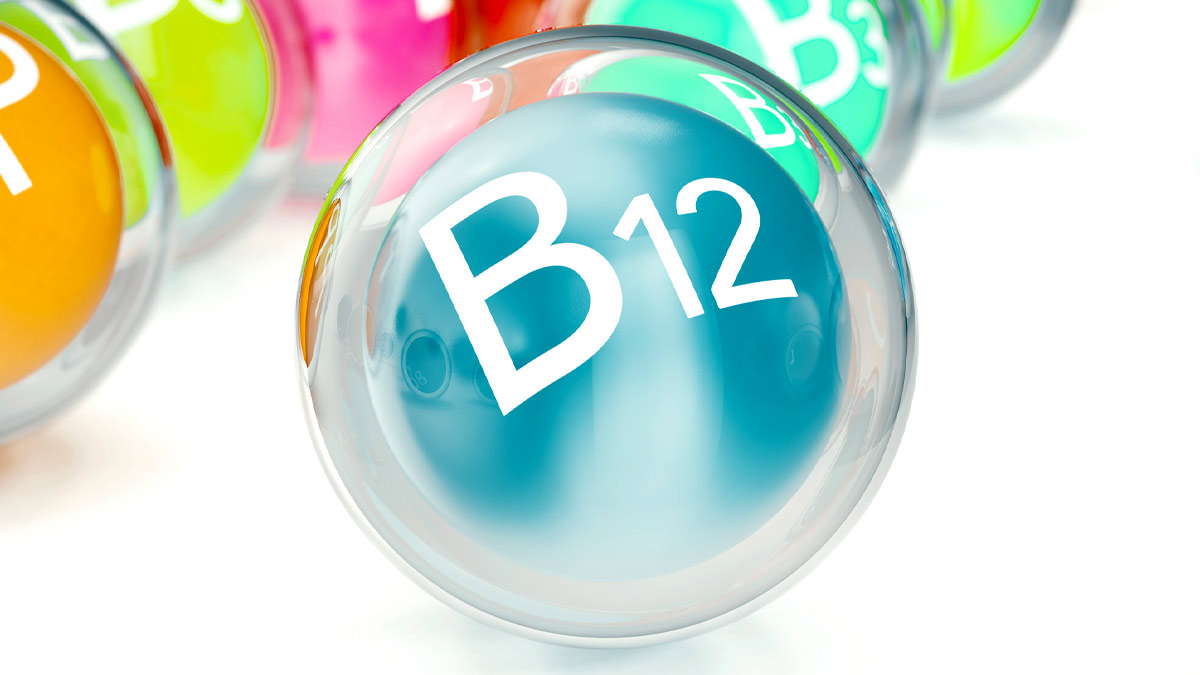
Nutritional deficiencies can impact on overall health and well-being, leading to a range of symptoms and health problems. Nutritional deficiencies not only result in developmental failure, loss of various bodily functions, and a variety of other disorders such as diabetes, vision loss, immunity loss, and cancer, but they also have long-term consequences for economic output. Here are ten signs that your body may need proper nutrition:
Table of Content:-
1. Fatigue and Weakness
According to the journal Nutrients, feeling constantly tired and weak, even after getting enough sleep, could be a sign of various nutritional deficiencies, including iron, vitamin B12, or vitamin D.

Also read: Nutrition Powerhouse: 8 Health Benefits of Brown Turkey Figs
2. Pale or Yellowish Skin
Pale or yellowish skin, particularly on the face, lips, or inside the mouth, may indicate deficiencies in iron, vitamin B12, or folate.
3. Brittle Hair and Nails
Dry, brittle hair that breaks easily and nails that are weak or prone to splitting or breaking could be a sign of insufficient intake of nutrients like biotin, vitamin C, or certain minerals like zinc and iron.
4. Hair Loss
According to Dermatology and Therapy, if you are experiencing hair loss, excessive hair loss or thinning hair could be related to deficiencies in iron, zinc, vitamin D, or essential fatty acids like omega-3s.
5. Poor Wound Healing
Slow wound healing or frequent infections may be a sign of deficiencies in nutrients that play a role in immune function, such as vitamins A, C, D, and zinc.
6. Muscle Weakness or Cramps
Muscle weakness, cramps, or spasms can occur due to deficiencies in electrolytes like potassium, magnesium, or calcium, as well as inadequate intake of protein.
7. Cognitive Impairment
Difficulty concentrating, memory problems, brain fog, or mood swings may indicate deficiencies in nutrients that support brain health, such as omega-3 fatty acids, B vitamins, and antioxidants.
8. Digestive Issues
Digestive problems like constipation, diarrhoea, bloating, or indigestion can result from inadequate intake of fibre, fluids, or probiotics, as well as deficiencies in certain vitamins and minerals that support digestive health.
9. Bone and Joint Issues
Weak, brittle bones or joint pain may be signs of deficiencies in calcium, vitamin D, magnesium, or other nutrients important for bone health and cartilage repair.

Also read: Power of Bananas: Nutritionist Shares Health Boosting Benefits and More
10. Changes in Appetite or Taste
Loss of appetite, changes in taste perception, or cravings for non-nutritive substances (pica) may indicate deficiencies in specific nutrients or underlying health issues that affect nutrient absorption.
If you see any of these signs or symptoms, you should check with a healthcare expert for an accurate diagnosis. A certified dietitian or nutritionist can help you evaluate your diet and lifestyle to identify any nutritional deficiencies and create a customised strategy to treat them by dietary changes, supplementation, or other interventions.
A diversified, balanced diet rich in fruits, vegetables, whole grains, lean proteins, and healthy fats is critical for maintaining adequate nutrition and promoting overall health and well-being.
Also watch this video
Read Next
Eating Meat Or Fish Increases Chances Of Liver Disease? Expert Answers Its Association With NAFLD
How we keep this article up to date:
We work with experts and keep a close eye on the latest in health and wellness. Whenever there is a new research or helpful information, we update our articles with accurate and useful advice.
Current Version